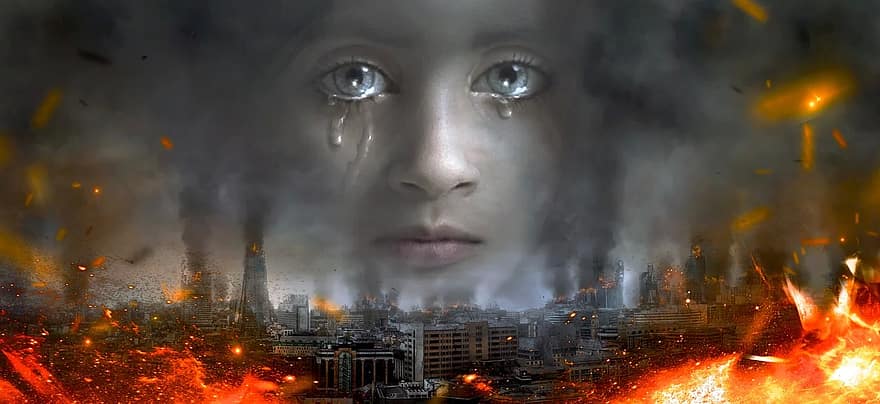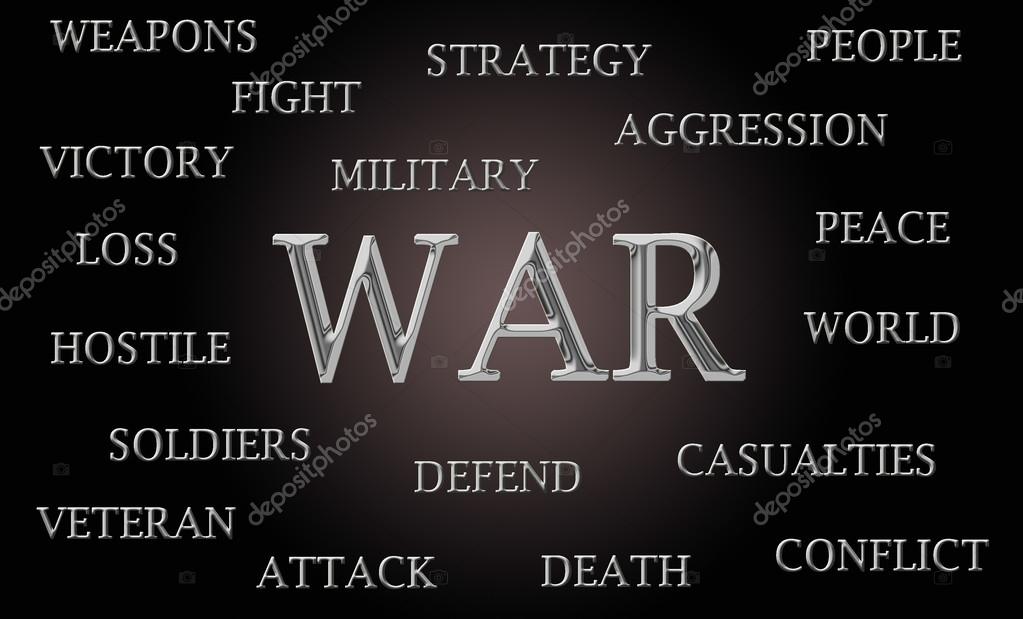The Looming Threat: Why the World Can’t Afford Another World War
As we stand on the precipice of an uncertain future, one thing remains clear: the world cannot afford another world war. The haunting specter of global conflict has, for many years, loomed in the background, but now it seems to be inching ever closer. The signs are ominous, and the repercussions could be dire. It’s not just about the battlefield; it’s about how war touches every corner of our interconnected world.

Impact of war :
In today’s globalized era, the consequences of a third world war would extend far beyond the combat zone. Whether you are directly involved in the conflict or watching from the sidelines, the impact would be palpable, reaching into every aspect of our lives. Nations and their economies are so intricately entangled that no one can escape the repercussions of a global conflict.
Indian Share Market

Take, for example, the recent turmoil in the Indian share market. It’s a stark illustration of how the world’s economic stability teeters on the edge of uncertainty. For two consecutive days, the Indian share market plummeted, sending shockwaves through the financial world. What does this mean? It means that the nervousness and tension that hang over the global stage have a direct and immediate impact on economies worldwide.
Foreign Institutional Investors (FIIs), often seen as indicators of market sentiment, have been net sellers in the Indian share market during the month of October. Their actions reflect a growing concern about the stability of the global economy. As the world watches, the tension that precedes a potential world war is enough to make even the most seasoned investors jittery. When they start selling off their shares, it’s a clear sign that something is amiss.
But why should we care about the Indian share market or the actions of foreign investors? The truth is, the world’s economies are like a vast network of interconnected gears. A disruption in one part of the world can send shockwaves through the entire system. Economic downturns don’t respect borders or allegiances. They affect us all, regardless of where we live.
Global Recession

In a world where countries rely on each other for trade, resources, and stability, a global conflict disrupts the very foundations of our interconnected system. Supply chains would be severed, markets would crumble, and the global recession that’s knocking on the door would burst in, uninvited. The ripples from such an event would be felt far and wide.
As we witness the turmoil in financial markets and the growing unease around the world, it’s a stark reminder of the fragile state of our global stability. The world cannot afford another world war, not in human lives, not in economic turmoil, and certainly not in the long-lasting effects that such a conflict would have on our shared future.
Conclusion
So, let us learn from the past, from the mistakes that led to the world wars of the last century. Let us redouble our efforts to promote peace, diplomacy, and cooperation among nations. We must remain committed to the idea that there is no alternative to peaceful coexistence and the resolution of disputes through non-violent means. The stakes are simply too high, and the world we live in today is too interconnected to bear the weight of another world war.










